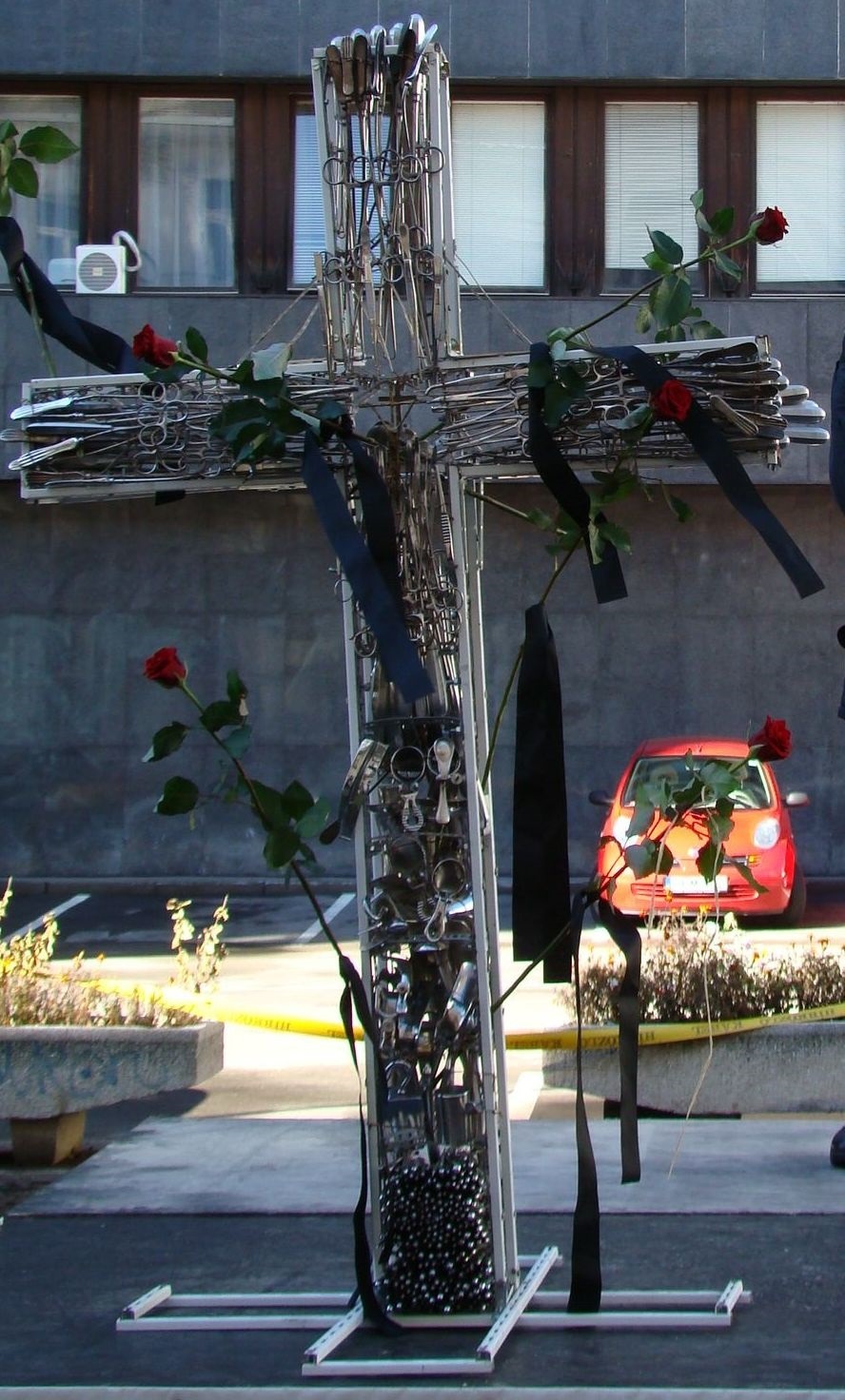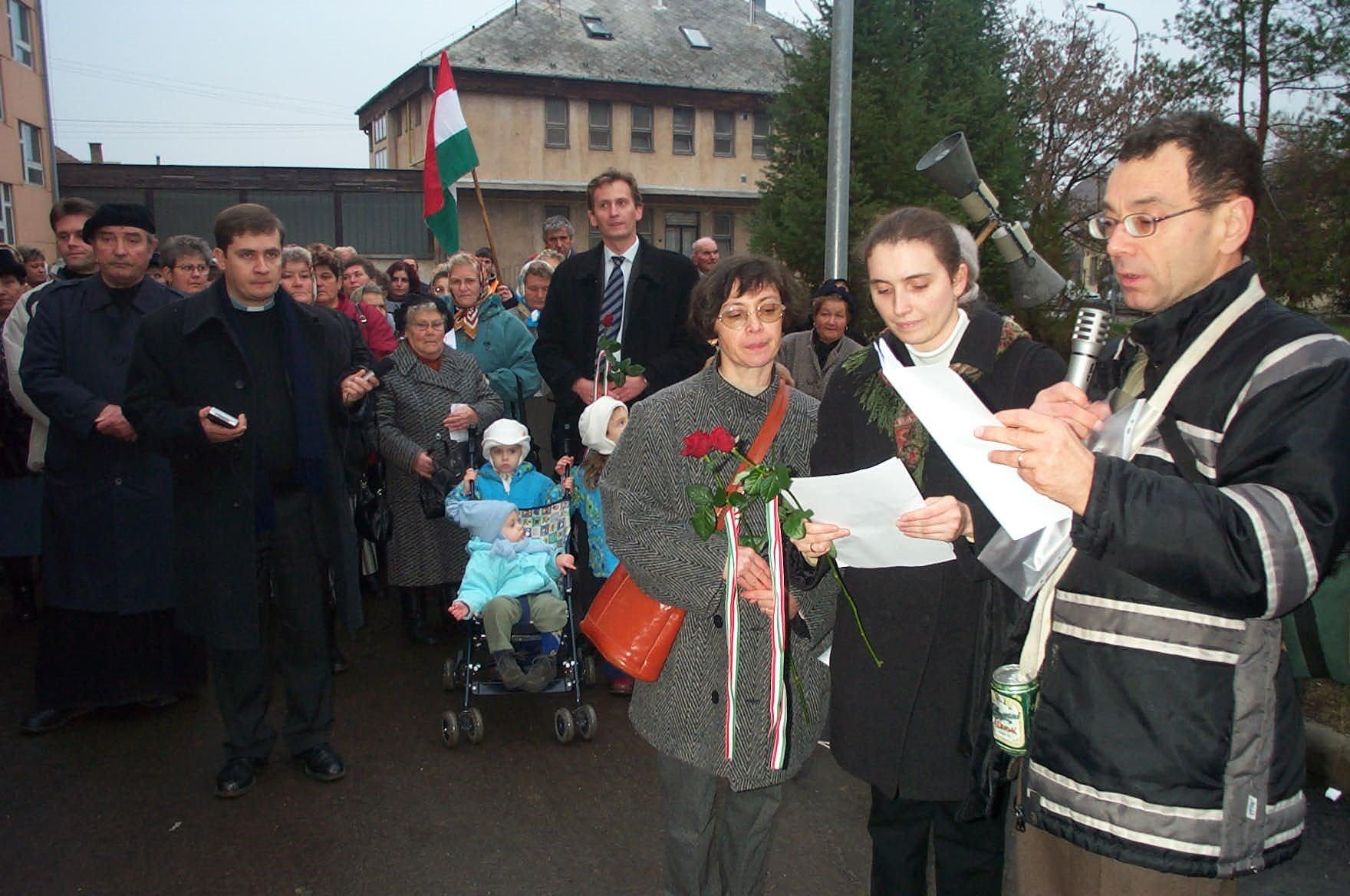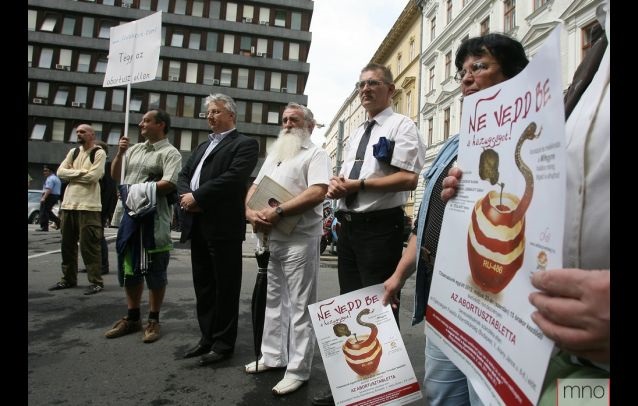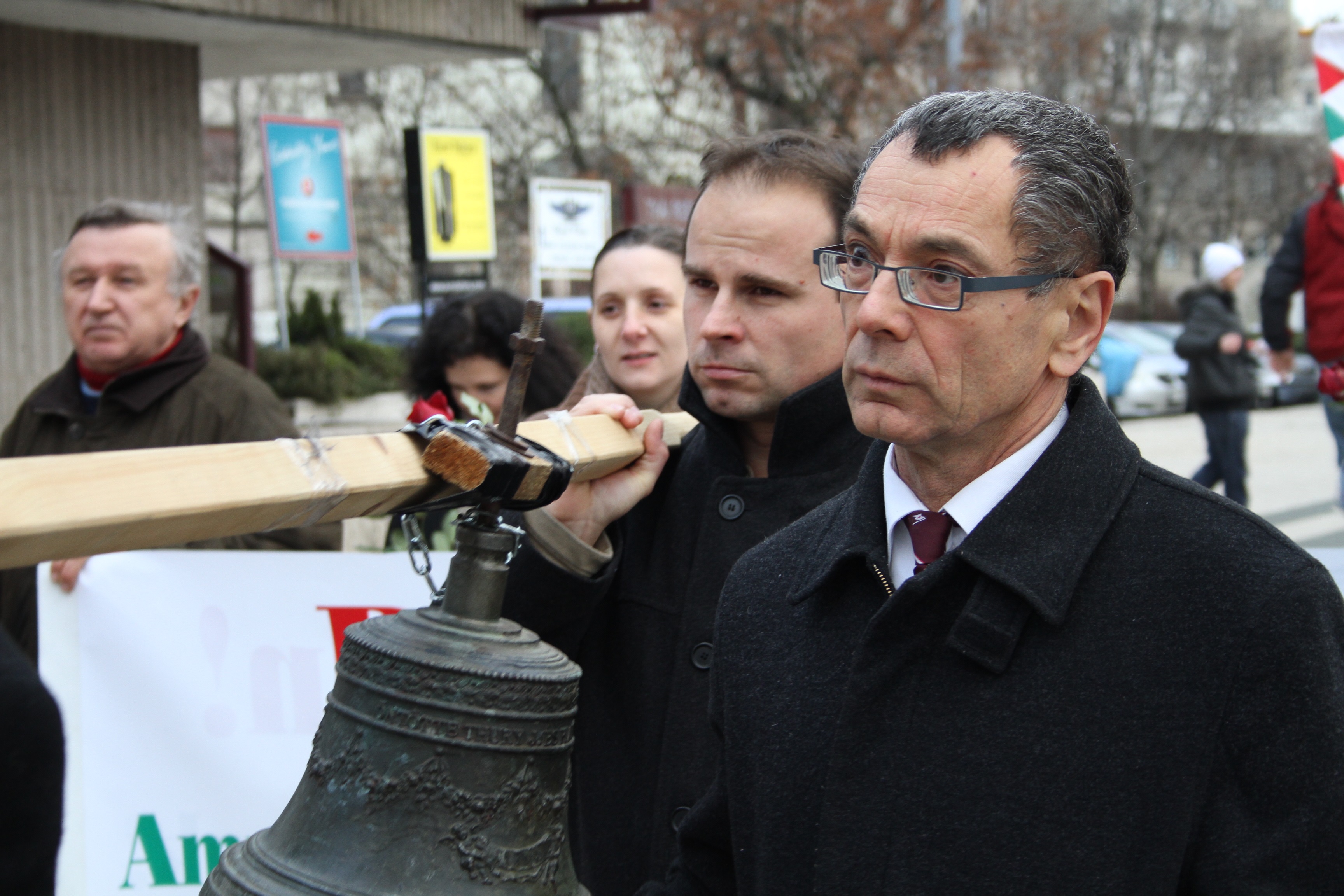At one point, in 1968, there were more than 130 induced abortions for every 100 live births. In 2011, abortions in Hungary were still so widespread that the number of abortions remained close to the number of births. Today, Hungary’s abortion rate has dropped to 25 abortions for every 100 live births.
April 18 marks the anniversary of Hungary’s constitutional protection of preborn children by parliament. Drafters and supporters called the country’s new foundational document the Easter Constitution, as it was signed on Easter Monday 2011. It is a date known well by Dr. Imre Téglásy, Director of Human Life International Hungary.
At its adoption by Hungary's parliament in 2011, the constitution established that “the life of the fetus shall be protected from the moment of conception.” Téglásy explained that while this was a step in the right direction, it meant very little without any laws to support pro-life practices. A September 2022 passage of a Hungarian law that requires expectant mothers to hear their baby’s heartbeat prior to obtaining an abortion is the only one of its kind in Europe. Even this “heartbeat law” did not shift societal attitudes in the traditionally Catholic country, and a similar initiative failed in neighboring Slovakia. Nonetheless, Téglásy and his Hungarian team are working hard to foster a culture of life in the eastern European nation.
“We have our work cut out for us,” remarked Téglásy. “We are fighting decades of misinformation - communist, socialist, and fascist policy forced on the people as a result of first, Nazi, and then Russian occupations. And from 1956 until 1988, abortions were not only promoted, but funded, by the socialist government's public health agency.”

protest organized by Imre Téglásy against launching abortion pill RU 486
at the Ministry for Health in Budapest/HLI Hungary
Under communist Hungary, abortion became the primary means of birth control. At one point, in 1968, there were more than 130 induced abortions for every 100 live births. In 2011, abortions in Hungary were still so widespread that the number of abortions remained close to the number of births. Today, Hungary’s abortion rate has dropped to 25 abortions for every 100 live births. What has served to dramatically decrease Hungary’s abortion rate is not the nation’s 2022 heartbeat legislation, or even the constitutional declaration that all human life is to be protected, but rather the dedicated and innovative work of Hungary’s pro-life community.

for abortion-free-days in front of the hospital of Szikszó, Hungary/HLI Hungary
Téglásy, himself an abortion survivor, is a charismatic leader in the movement to change hearts and open eyes to the sanctity of human life. In his work leading Human Life International’s Hungarian affiliate, known as Alpha Alliance for Life, Téglásy has seen nearly 50,000 babies and their mothers rescued from abortion by the programs he oversees.
[Click here to subscribe to Pregnancy Help News!]
Téglásy emphasized the importance of connecting with women where they are. When he became aware of a popular online abortion Q&A website, Téglásy trained a team of volunteers to monitor the site and help provide real time information and encouragement to help these expectant mothers choose life for their children. In order to support this online work occurring out of Budapest, Téglásy formed a network to connect women with pregnancy care centers in six different cities around the country, where they receive material, emotional, and spiritual support through pregnancy and beyond.
Tweet This: HLI Hungary and Imre Téglásy have lead a decades-long battle to defeat Hungary's Socialist abortion mindset to save 50k babies

at the Ministry for Health in participation with vice ministerpresident Zsolt Semjén (in the middle) in Budapest, 2005
The text of the poster reads: Do not take either the pill nor the lie!/HLI Hungary
In the case of Hajnalka, who connected with Human Life International Hungary via the online abortion Q&A, volunteer Angelika was able to raise financial support for her on Facebook. It was enough to pay Hajnalka’s rent until she could go back to work after the birth of baby Hanna.
Téglásy observed that women who hear their child’s heartbeat and want to have the baby sometimes face difficult circumstances. He learned how Brigitta, who is blind, struggled with what to do. She had been taking birth control pills, but still conceived. In economic distress, already having a two-year-old son, she believed that she and her husband could not afford another child. Brigitta posted her cry for help via a Facebook video and Human Life International Hungary reached out to Brigitta and her husband János. Despite the location of appropriate employment for Brigitta and affordable housing for the family, she decided to go through with an abortion. At the hospital, having signed all of the paperwork and about to enter the operating room, Brigitta had a change of heart. She and János left the hospital, looking forward to the birth of the child – whose heartbeat Brigitta had heard.
Some of the programs headed up by Human Life International Hungary include:
• Adoptive Parent Internships
For a woman who chooses to pursue adoption, Human Life International Hungary connects her with an adoptive family for her child. Those couples who wish to become adoptive parents volunteer with the organization for up to two and a half years. These open adoptions are handled free of charge to birth mothers and adoptive parents, and the volunteerism is geared to help prepare families to welcome a newborn baby and understand the lifesaving work done to protect babies and birth mothers from abortion.
• National Health Department Pro-Life Nurses Training
Human Life International Hungary provides the 4,000 Registered Nurses working for the National Directorate of Hospitals in Hungary with life affirming education and resources for helping expectant mothers. Pro-life mentors encourage the nurses in life advocacy, and they share with them informational leaflets, posters, and life-sized fetal development models. Nurses are given prenatal vitamins, baby items such as clothing, car seats, and toys, to pass on to their pregnant patients, along with a directory of shelters and safe havens.
• Three Days Abortion Free
Human Life International Hungary conceived and implemented a program to enlist the help of hospitals and physicians in reducing the abortion rate. On a designated day, local clergy and pro-life civic leaders join in a cross denominational pilgrimage to a community hospital, where they speak with Directorate of Health members and the leader of the obstetrics and gynecology department, asking them to join in the observation of three abortion free days each year. The group brings life-sized fetal development models, red roses, and white crosses. The baby models are then buried, and a “tree of life” is planted to commemorate the doctors’ commitment to refrain from performing abortions on three days out of the year. The group then journeys to a nearby river bridge, where at the ringing of bells the names given to the aborted babies are recited as a rose for each is thrown into the river. Téglásy noted that the program developed by Human Life International Hungary has inspired similar approaches in Salzburg, Austria, and Rome, Italy, and has elicited the idea of national legislation before parliament for enacting Three Days Abortion Free throughout Hungary.

and asking amnesty for children before birth and their parents in Budapest/HLI Hungary
A devout Catholic and father of twelve children, Téglásy believes that his life is a miracle from God. Under communist oppression, his mother tried repeatedly to abort him. That fact that he survived against all odds has helped motivate and invigorate him with a passion to prevent other children from becoming victims of abortion and that determination helped fuel the ministry of care and compassion that is Human Life International Hungary.
Editor's note: This article was authored by TC Public Relations and is published with permission.






